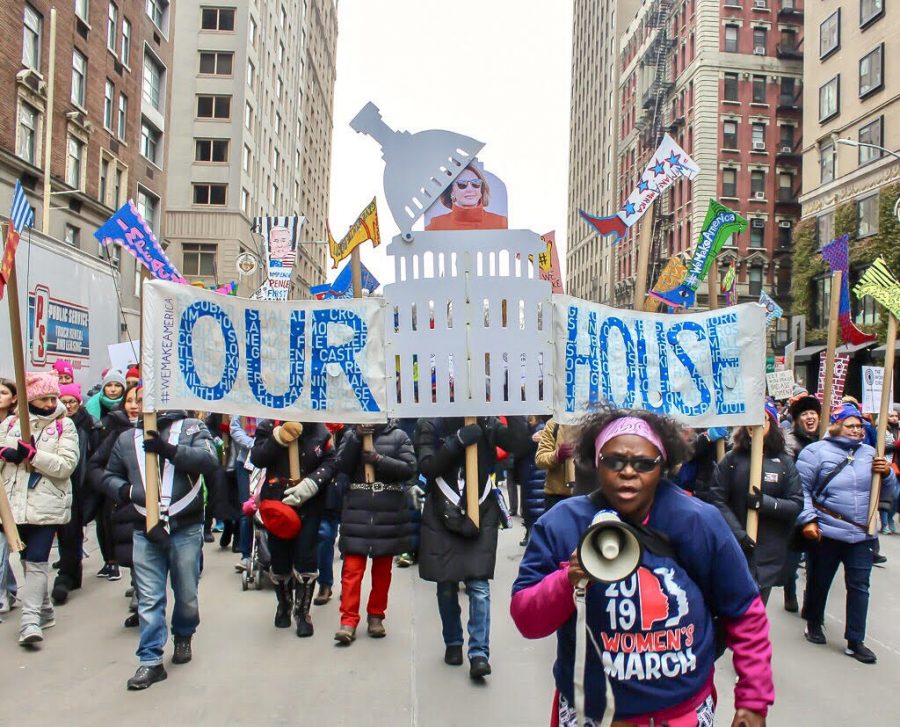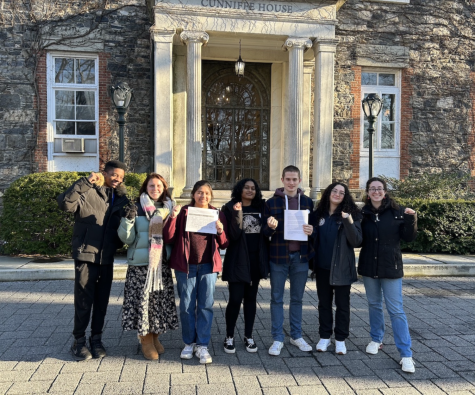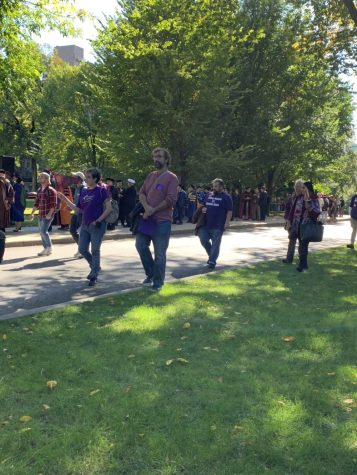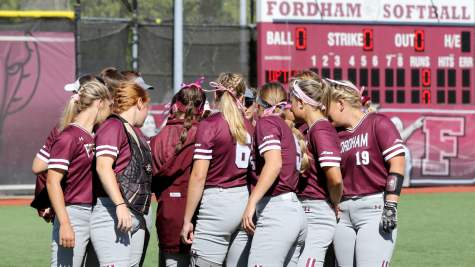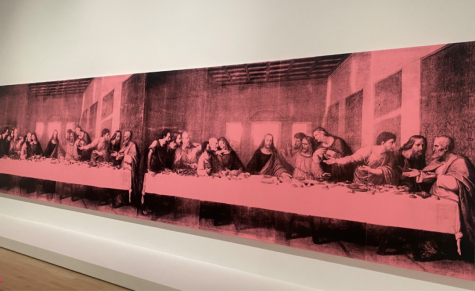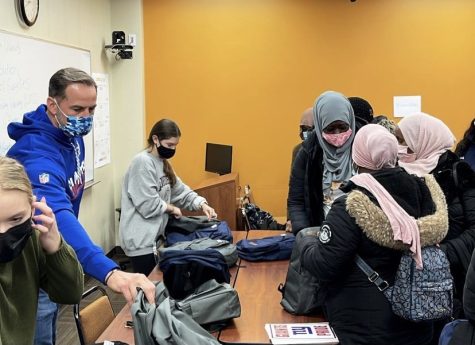New York Women’s March Divided
By Patricia Whyte
The third annual Women’s March took place on Saturday, Jan. 19 in cities across the country, drawing smaller crowds than previous years.
In New York, two marches were held on Saturday, one in Columbus Circle lead by the original Women’s March organization, the other in Foley Square lead by a group called March On. March On was created by Vanessa Wruble, former head of campaign operations for the 2017 Women’s March, who left following her accusation that the group is anti-Semitic.
The Women’s March group has faced many allegations of anti-Semitism in recent months. Co-presidents Tamika Malloy and Cameron Perez have been asked to step down by many people on social media. The March On rally in Foley Square focused on denouncing anti-semitism.
The Foley Square rally was briefly interrupted by a protester who said, “The Women’s March does not represent Jewish people! The Women’s March is the real Nazi Party!”
Despite controversy, the events were created to unify American women and celebrate what has been achieved this year. Following the 2018 midterm elections, more than 100 women were elected to Congress, an all time high in the House of Representatives.
Both movements appeared to stress the importance of intersectional feminism. Many protestors said it was imperative to fight for the rights of women of color, transgender women, disabled women and women of the LGBTQ+ community.
Though turnout was lower than expected, the Women’s March in Columbus Circle attracted many local organizations and activist groups.
The League of Women Voters has attended the event since 2017. Barbara Ettington, chair of Voter Services Committee, marched with the League to encourage both men and women to register to vote and update their registration.
“Everybody should be participating; voting is a right and it’s their duty to get their voices heard,” Ettington said.
Protestors carried signs bearing impassioned messages, pop culture references and images of feminist figures. Many dressed for the event as well, wearing political t-shirts, pussy hats and even costumes in order to convey their messages.
One group of men dressed in orange jumpsuits and pussy hats as “Trumpbusters,” a spoof of the popular movie Ghostbusters. The men had previously worn the costume to a Mardi Gras parade in New Orleans and decided to wear it again for the Women’s March.
“The world is rapidly changing under this presidency and we need to stop it as much as we can,” one said. “I’m glad to see that [the march] is still happening, I wish there were more people, two years ago I felt it was massive crowds, but there’s thousands in DC also this weekend too, so it’s still happening everywhere and I think that that’s awesome.”
Many women first became politically active after the march in 2017. The event has also inspired women of younger generations to march and use their voices to express political opinion.
Sixteen-year-olds Sofia Rich and Ellie Patch attended the march on Saturday with their friends, carrying signs reading, “The World is Changed by Your Example, Not by Your Opinion” and “How We Dress Doesn’t Mean Yes.”
“I’ve seen older women that have been doing this for years and years, and I feel like it’s important as the next generation to keep it going, and to keep fighting for our independence and rights,” Patch said.
Though they are not yet old enough to vote, Rich and Patch are looking forward to being able to place their ballots in the 2020 election.
“The fact that we’re gonna get to vote in the next election is a really big motivator for us today,” said Rich. “It’s nice to know that there’s, like, a whole group of people who have and want the same goal.”
Though the Women’s March has endured controversy in recent months, many attendants affirmed that the central message of the event is unity.
Logan Avidan, who attended the march last year in Columbus Cirle, said she returned to the march this year to spread empowerment through action.
“We all come from so many different places but the commonality is love, acceptance and I think it’s great that everyone can come from all these different areas and see that we’re all really the same,” Avidan said.



































































































































































































